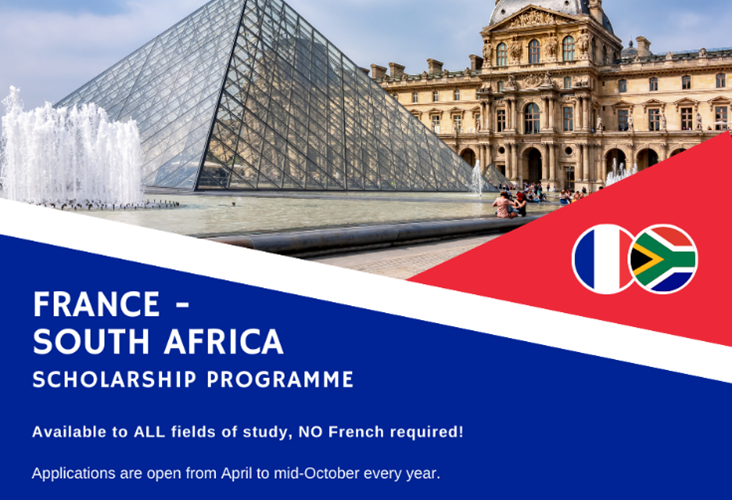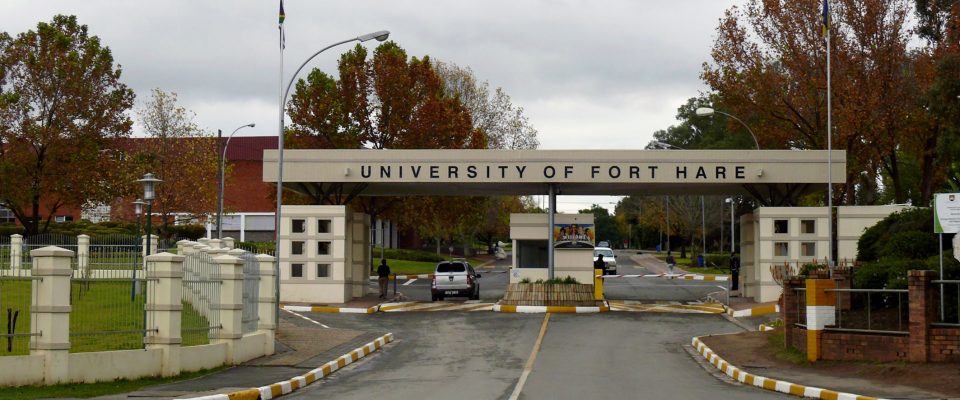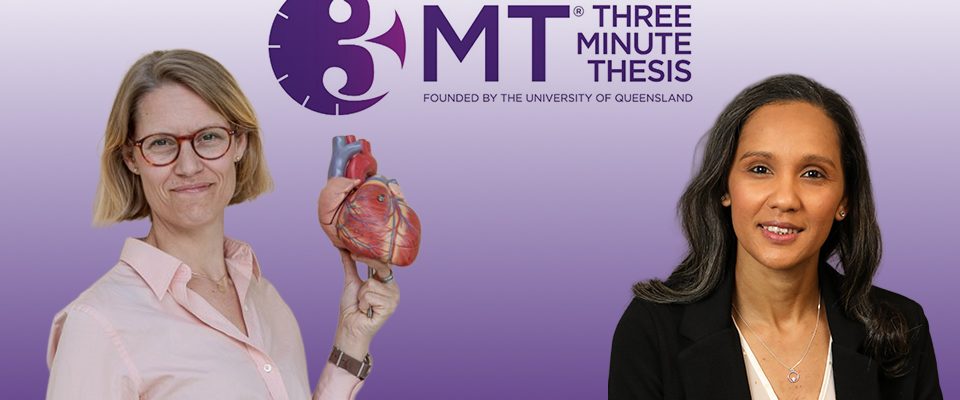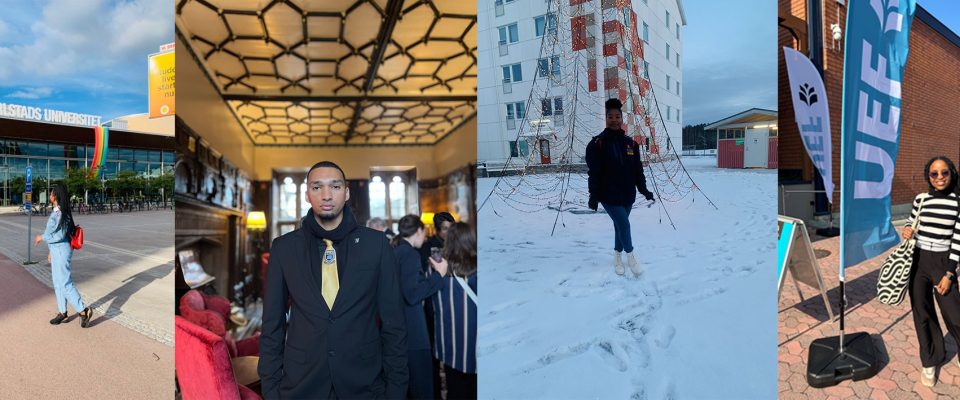
Due to the differences between the Southern and Northern hemisphere academic calendars, scholarship recipients will follow a specific track in South Africa from February 2023 to July 2023.
This track will include online French courses organized by the network of the Alliances Françaises. It may also include an internship in French Companies based in South Africa, depending on the opportunities and the profile of each scholarship recipient.
For more information on the FranceSouth Africa Scholarship Programme visit https://www.southafrica-france-scholarships.com/
Campus France will also be running weekly webinars to provide prospective applicants with the necessary information about the programme and to connect students with higher education institutions in France. More information on the planned webinars can be found in the 2022 Season of webinars organised by Campus France South Africa.
Degree Level: Master’s and PhD
Field of Study
Applications are open to all fields of study. Science, engineering and technology fields and niche courses not available in South Africa may be prioritized.
Who Can Apply?
- A South African, Basotho or Malawian national;
- Born on or after 1st January 1992;
- Applicants must be eligible for admission to the chosen Master’s or Doctoral programme;
- Enrolled in a French Higher Education institution to pursue a Master’s degree or PhD;
- Master and PhD programmes in a few higher education institutions on the African continent are eligible as well. The list of these eligible institutions can be found here.
Scholarship Offer
Two schemes are possible under the France – South Africa Scholarship Programme:
A full scholarship includes:
- For a Master’s degree, the scholarship will be granted for a duration between 10 and 22 months;
- For PhDs, the scholarship will be granted for a maximum duration of 3 years;
- The scholarship will only be granted for the periods spent in France;
- Social security;
- Priority for accessing student housing;
- Visa fee exemption and assistance offered by Campus France Paris;
- Annual tuition fees, not exceeding €5 000 per year;
- A round-trip airfare ticket;
- A monthly allowance towards living expenses (approximately 700 euros for Master’s students and 1400 euros for PhD students);
- Accommodation aid (approximately 150 euros/month) can be obtained from the French Governments;
- Co-funding opportunities are strongly encouraged to strengthen the collaboration between South African and French institutions and the public and private sectors.
- For PhD students, some doctoral schools require a minimum monthly income. Students applying to these doctoral schools have to contact and coordinate with the hosting French higher education institution and research laboratory to secure additional funding.
The Cost-Sharing Scholarship Includes:
- The monthly allowance will be provided fully or partially by a partner (a partner among the Advisory Board, a company, a higher education institution or any other funding agency);
- All the other benefits of a full scholarship will still be provided by the Embassy of France. This scheme can be proposed by the candidate during the application process or by the Advisory Board for some of the laureates.
Applicants are highly encouraged to look for other sources of financing from his/her own local or French higher education institutions but also from private sector companies. Specific attention will be given to applicants who have found other sources of financing for their academic projects.
Application Process
Applications are strictly online via the dedicated platform France – South Africa Scholarship Programme
All Applicants Must Submit:
- A complete application form (online);
- A certified copy of the passport;
- An up-to-date résumé that also states the candidate’s entire academic record;
- A cover letter explaining motivations and interests in the planned academic project;
- Copies of academic degree certificates (Bachelor’s or Master’s only);
- University transcripts of the last two years of studies.
For Master Level Candidates
Candidates must provide proof of acceptance at one of the study programme indicated during their application, between February and May/June 2023;
During the application process, candidates are encouraged to submit their email exchanges with the host higher education institutions in France;
Submit a list of identified study programmes that they intend to apply to, including the application dates for these courses and the tuition fees.
For PhD Applicants
An attestation, signed by your supervisor, indicating her/his commitment to supervise your thesis; or, in case of co-supervision, an attestation signed by the two supervisors (South African and French) indicating their commitment to supervise in France and in South Africa. In the case of co-supervision, this attestation needs to indicate that a cotutelle agreement will be established, that enrolment will be at both universities and that a degree will be awarded by the French higher education institution;
A detailed description of the research project (2/3 pages) including a detailed work plan;
In the case of co-supervision, a detailed plan of the various periods to be spent in France during the research work. A signed cotutelle agreement is also necessary.
Deadlines
The application deadline is 16 October 2022.
Final results will be announced in November/early December 2022. Final decisions will not be deliberated on.
Timeline:
- The call for applications closes on 16 October 2022 at 23:59 SA time;
- The 2022 Season of webinars organised by Campus France South Africa will provide students with all useful information to prepare applications;
- Interview of the eligible candidates: November 2022;
- Results: end of November/early December 2022;
- Specific programme in South Africa (online French courses and possibly internship): February 2023 – July 2023;
- Departure to France: Early September 2023.
Please note that this opportunity is not offered by the Department of Higher Education and Training. Applicants are required to undertake their own research into programmes and institutions and are responsible for ensuring that their qualifications will be recognized in South Africa. If there are any discrepancies in the details provided, the information given by the sponsor supersedes the details provided above. No additional financial support will be provided by the Department of Higher Education and Training






